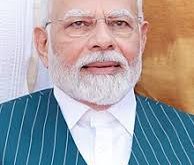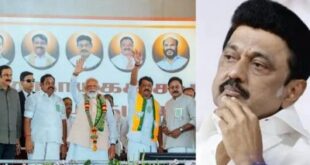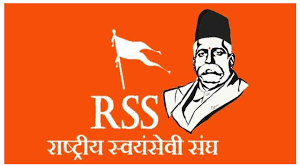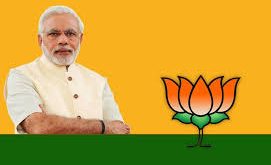With the help of technology, more effective versions of a democratic system can be evolved
Throughout history, various forms of governments have existed. It includes monarchy, oligarchy, communism, aristocracy, military dictatorship, fascism, etc. Since the 17th-18th centuries, democracy witnessed a significant revival. Democracy spread widely in the 19th and 20th centuries and is now considered the gold standard for modern governments.
However, democracy is also facing headwinds due to factors such as voter apathy and political polarization. As a significant percentage of people living in a democratic setup seem unhappy, it makes us wonder if there could be something better than democracy. To answer that, here are some important things to understand.
Problems with a democratic system
Democracy is currently considered as the best form of government. It provides the right platform for ensuring legitimacy, political participation and peaceful transition of power. However, just like other government systems, democracy too has flaws. For example, there is less representation of minority voices.
The demands of the majority in power can subdue the needs of the minority groups. Moreover, viral fake news and videos on social media are harming the core pillars of democracy. Voter apathy is another factor, wherein many people no longer feed the need to cast their vote. Such a mindset weakens the democratic ecosystem.
What are alternatives to democracy?
Meritocracy – The most qualified individuals are selected to take on the tasks of the government. While a meritocracy sounds quite good in theory, it can lead to a sense of privilege. Meritocracy can create a self-perpetuating elite, which in turn can adversely impact society.
Technocracy – A government where experts are given the task of decision making. Such experts are selected based on their skills and technical knowledge. However, technocracy can override ethical considerations. It can also create a disconnect with the general populace.
Benevolent dictatorship – A government that functions as a dictatorship for the benefit of the population. A relevant example is Singapore under Lee Kuan Yew. This strong leadership had resulted in rapid economic progress and high standards of living.
How technology can help improve democracy?
As is evident from above, every form of government has its pros and cons. Quite similar to a democratic setup. As of now, there does not seem to be a perfect form of government. However, technology can help improve the democratic system. For example, online voting platforms can be used to decide every major decision. This will allow the government to know exactly what the people want. It will eliminate the guesswork and allow governments to better serve the citizens.
The goal to find the perfect form of government is an ongoing process. Even with its shortcomings, democracy is quite effective in terms of people participation, ensuring individual rights and enabling collective decision making. Democracy will continue to evolve in the coming years with the help of tech and innovative solutions.
 Newspatrolling.com News cum Content Syndication Portal Online
Newspatrolling.com News cum Content Syndication Portal Online






